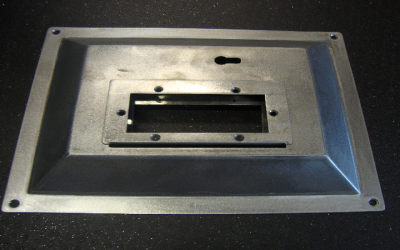Choosing a cable of the incorrect size, gauge, and type can have negative effects on your project or work. It is particularly dangerous if you choose the wrong cable for sensitive equipment that could cause a hazard such as overheating. These are some of the advantages of welding cable and why they are important for high maintenance work:
Versatility
It is always recommended to purchase a cable that is designed for the specific purpose you will use it for. These types of cable, however, are versatile enough for a wide range of purposes including welders, generators, motors, and batteries. So long as you double check that this type of cable is suited for your purpose, you should have no trouble with it.
Resistance
The pressures put on welding cables mean that they need to be strong and resistance to temperature extremes and a wide range of external forces. 6 AWG welding cable is resistant to direct sunlight and water, making it ideal for a wide range of different work conditions, including the high temperatures used in welding which regular wires aren’t built to handle without melting. Even the non-conductive rubber jacket will make the cable more durable and protect it further. This also means that the cable will last longer without being damaged, which if left unchecked causes a safety risk.
Flexibility
The copper standing means that 6 AWG cables are much more flexible than other types of wire, making installation and general use much easier even when moved over rough surfaces. Again, this prevents the cable from fraying or becoming damaged and causing a hazard.
Welding cables, despite the name, can be used for many purposes besides welding so long as they are compatible with the equipment. Double check with your supplier or consult an expert to find the right cable for maximum output, safety, ease of use, and longevity.


